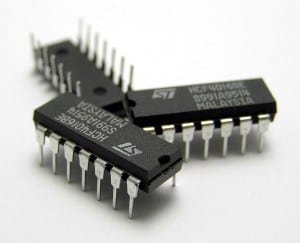An integrated circuit is simply any type of circuit, made to fit onto a small chip. Sometimes referred to as a chip, a microchip, or an IC. It can be a microcontroller, an amplifier, a Bluetooth module, or anything in between.
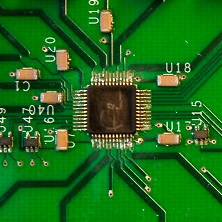
By making a circuit on a small chip, it’s much easier to build advanced projects. Let’s say you want to make a tracking device for your car. You can find a GPS chip for positioning, a GSM chip to send text messages with the position, and a microcontroller chip to control everything. Then create a printed circuit board design to connect them all.
This would be pretty much impossible to do if you were to design everything from scratch with individual components. Integrated circuits make building circuits so much easier!
Back in 2008, I made my own integrated circuit as I was doing my master’s degree at the University of Oslo. So if you want to learn how these tiny and powerful components are actually made, from a practical point of view, (and how you can make one yourself as a hobbyist), read on!
What are Integrated Circuits?
An integrated circuit is made up of lots of miniature versions of basic components such as transistors, resistors, and capacitors. The functionality of the chip depends on how the components have been connected inside. It can be a radio transmitter, a collection of logic gates, a microcontroller, or any other circuit you can think of.
Every IC comes with a datasheet that explains what it does, what each pin’s function is, and how to use it.
Common IC Series
- 4000 series IC (digital integrated circuits)
- 7400 series IC (digital integrated circuits)
- LM-series of IC (analog integrated circuits)
How Are Integrated Circuits Made?
To design an integrated circuit from scratch, you need to use software for this specific purpose. In the software, you draw different rectangles to create your circuit. The different rectangles represent different types of material. And different combinations of those materials give you different components.
You actually design every component from scratch by putting together different materials. Below you can see a cross-section of a chip with the materials needed to design an nMOS and a pMOS transistor:
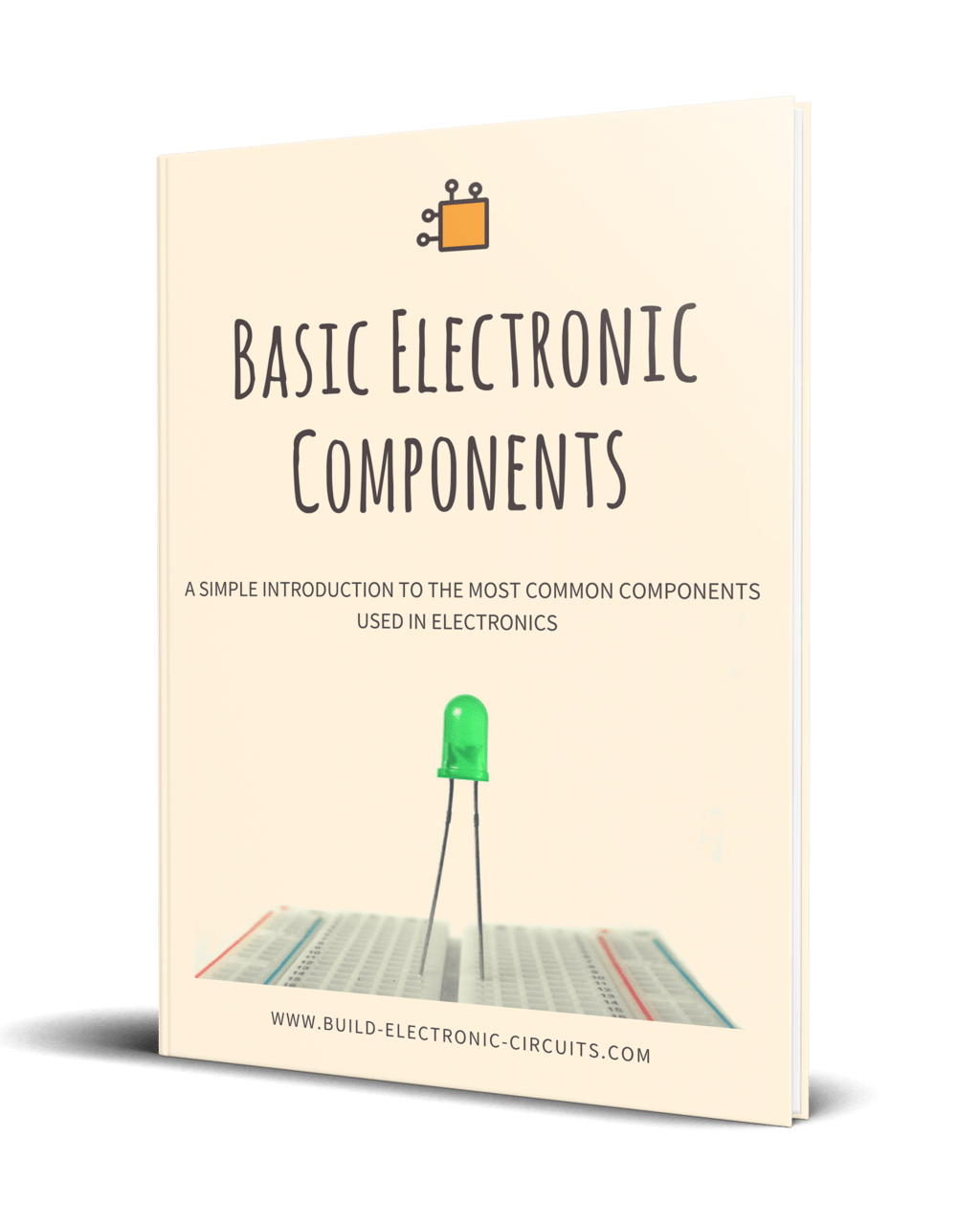
Get Our Basic Electronic Components Guide
Learn how the basic electronic components work so that circuit diagrams will start making sense to you.
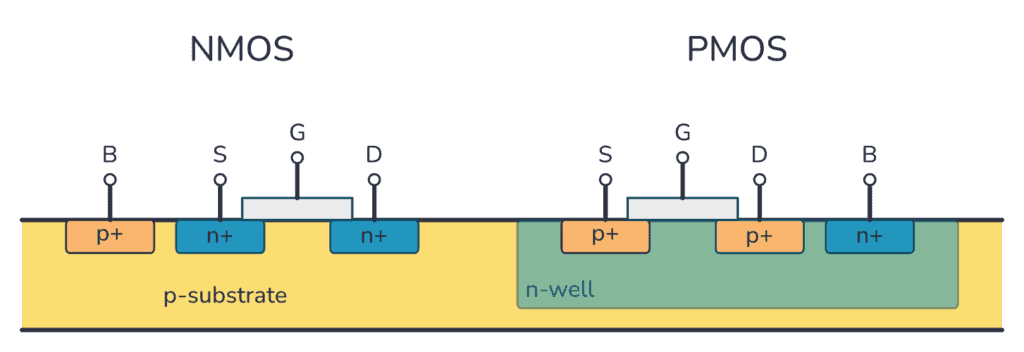
A typical integrated circuit consists of mostly transistors like the one above. So designing an IC is a lot of copying and pasting, then making sure you connect the transistors so that they make up the circuit you want.
Here is the design of the chip I made back in 2008. Each color is a different layer of material:
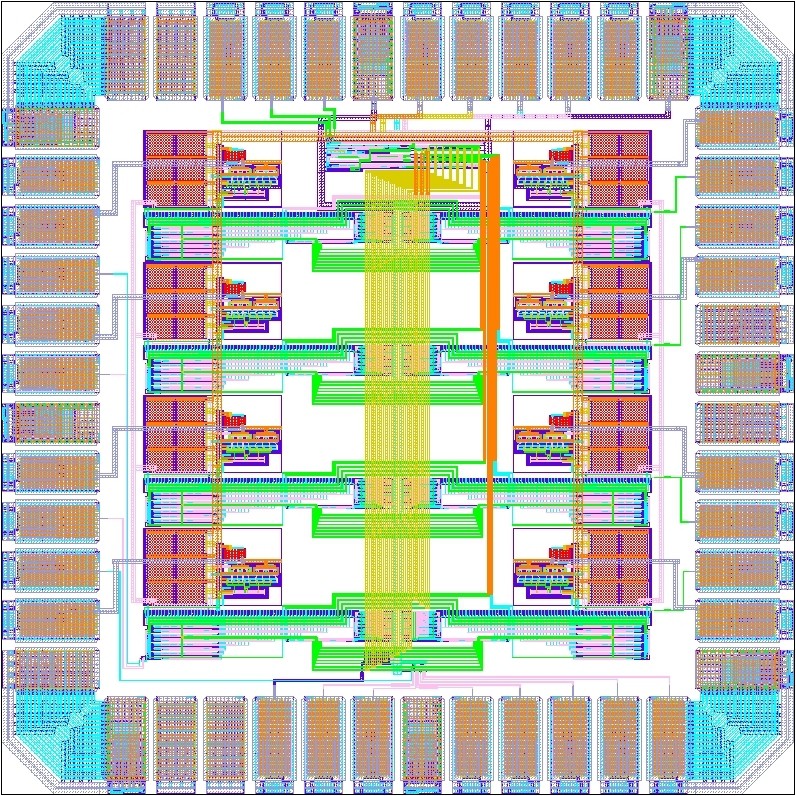
This design is then transferred to a silicon wafer by using a process of etching and stereolithography. (Learn more about this process here)
What Does an Integrated Circuit Do?
If you have an integrated circuit, but you don’t know what it does, don’t worry. Usually, it is very easy to figure out what it does. Just take the model number that you find on the top, and type it into Google with “datasheet” after.
Most likely, you will find a PDF file of the datasheet. The datasheet is a technical document that describes the component. By opening and reading the first page of the datasheet, you should be able to get an understanding of what it does.
Next, find the pinout or pin description section to figure out the function of each pin. And have a look at the Typical Application section to see an example of how to connect the chip in a circuit.
What is an Application-Specific Integrated Circuit (ASIC)?
The difference between an application-specific integrated circuit (ASIC) and a normal integrated circuit is that the ASIC is specifically designed for something or someone, instead of being mass-produced.
To say it in another way – an ASIC is a custom integrated circuit. It’s something you design for a specific purpose. But it’s designed and made with the same methods as a normal integrated circuit.
You don’t have to be a big corporation to make an ASIC. You can make your own custom integrated circuit as a hobbyist too! Just have a look at the Tiny Tapeout project.
Questions?
Do you have any questions about the integrated circuit or how to make one? Let me know in the comments section below and I’ll do my best to answer as soon as possible.
More Electronic Components Tutorials
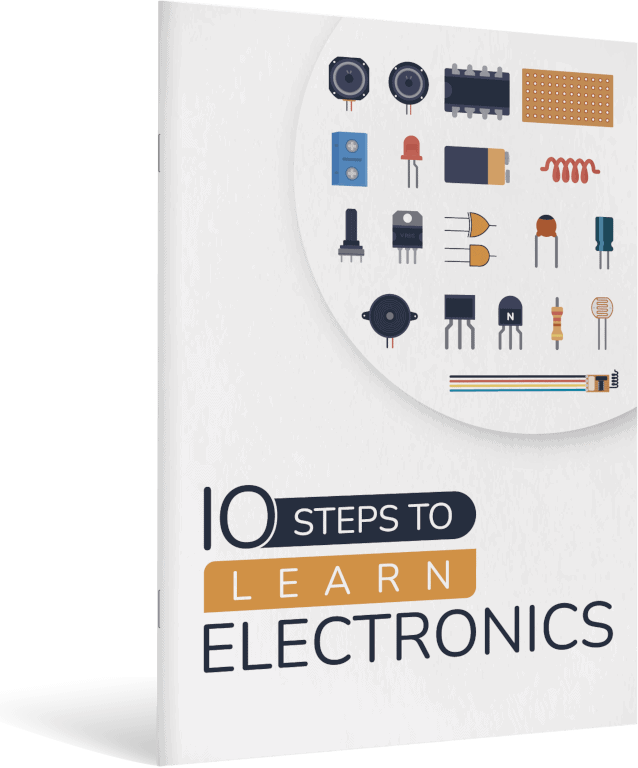
10 Simple Steps to Learn Electronics
Electronics is easy when you know what to focus on and what to ignore. Learn what "the basics" really is and how to learn it fast.

